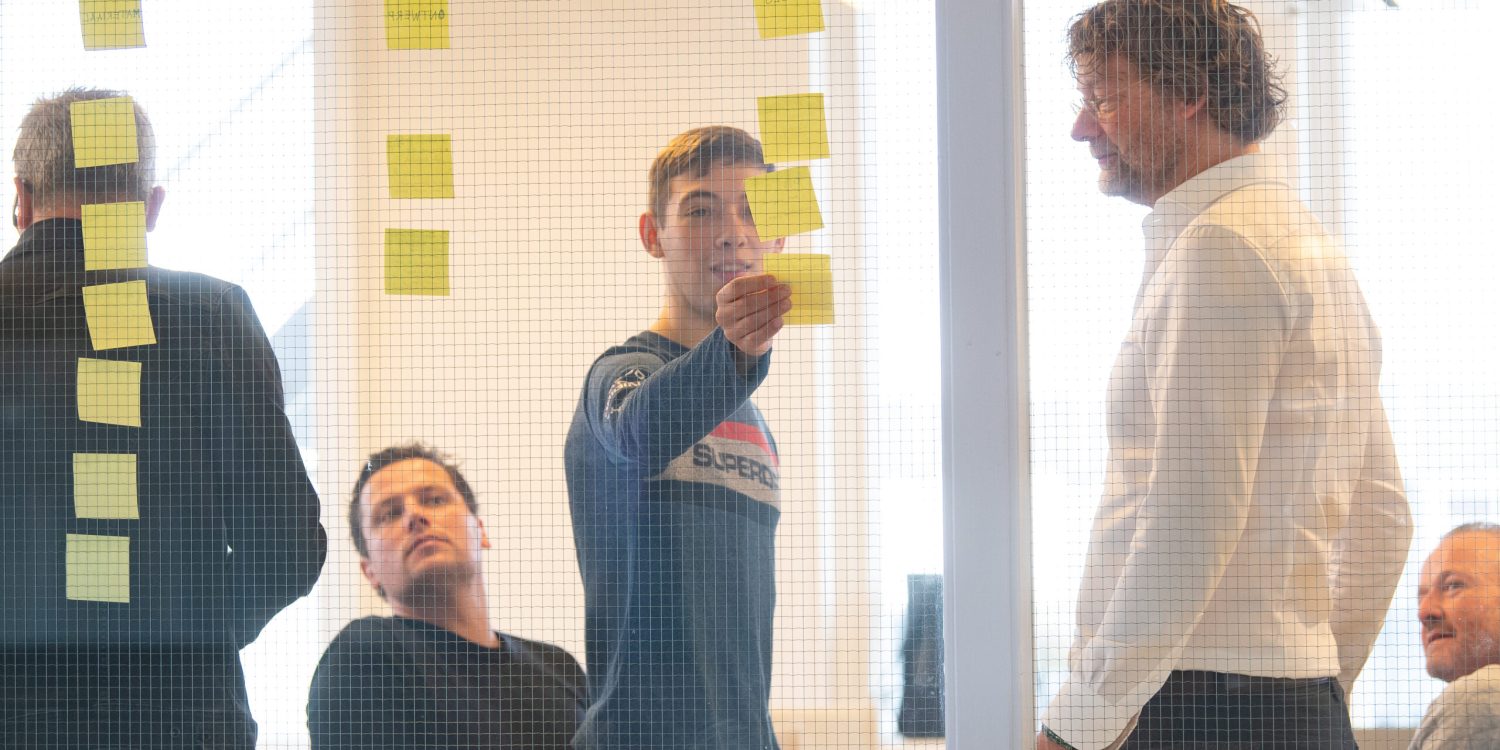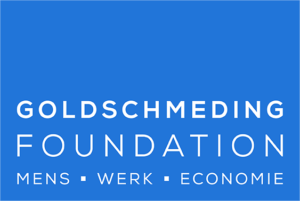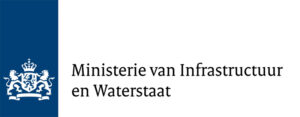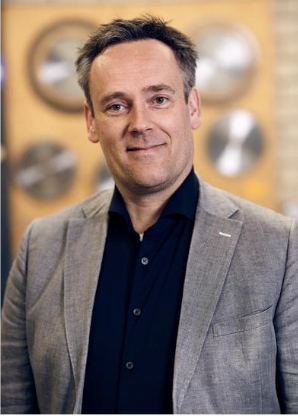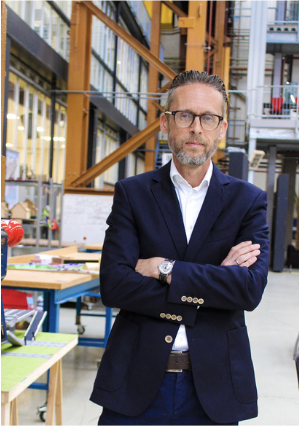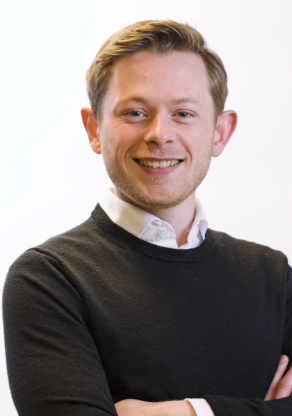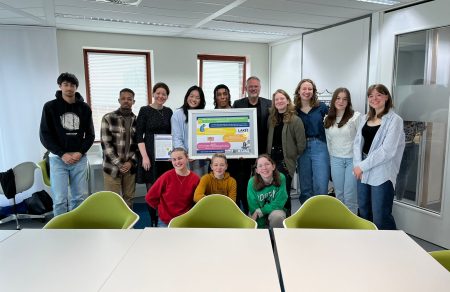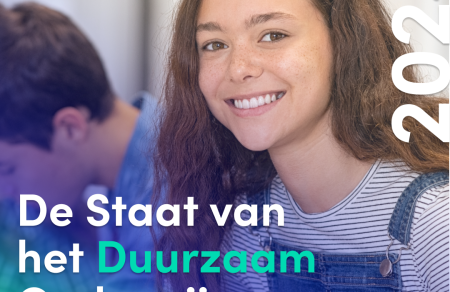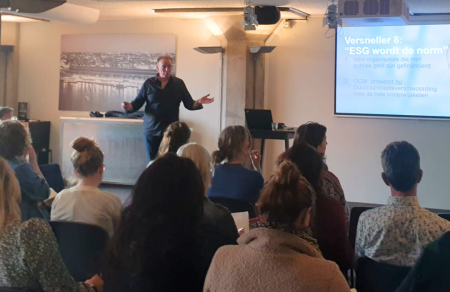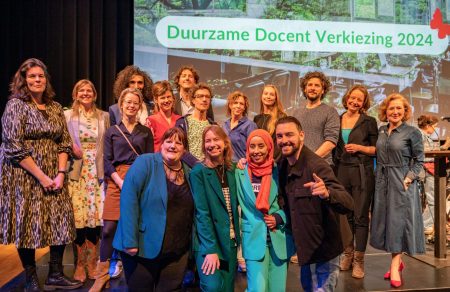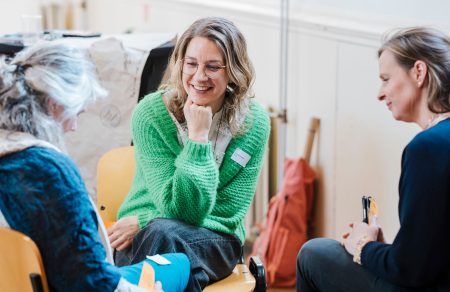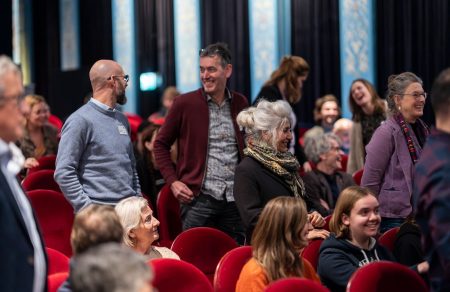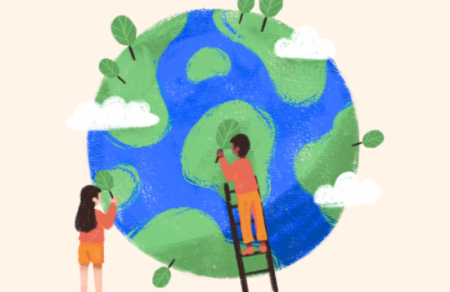This article is part of the Regioportret Rotterdam (article 2/3). With it we visualize how education and business in the Rotterdam region work together on 'circular skills': the skills needed in the circular economy of the future. We hope to inspire other regions to accelerate the transition to the circular economy.
TIP (Talent Innovation Pool) is a learning community of third-year students from Rotterdam University of Applied Sciences and young professionals from the business community. Together they work on an innovation issue in the field of circular and emission-free building. The goal of TIP is to connect education and business and to accelerate the transition in the construction industry through task-oriented projects.
Whereas many companies are still stuck in old habits, the companies active within TIP are working daily on "building tomorrow. Where waste is no longer waste and emissions are as good as zero. Meijs Ingenieurs & Uitvoering and Constructif are two of those companies. We spoke to Dick van Veelen, managing director at Meijs Ingenieurs & Uitvoering, Karl Messinger, sustainability and circularity advisor at Constructif and Erik Stam, managing director at Constructif at the Rotterdam Innovation Dock, about the transition in construction, how we can accelerate it and how TIP is contributing to it.
What do you notice about the transition in professional practice?
Dick: "We are still at the very beginning and what you see is that a lot of people don't really know what is possible in the field of circular building. That ignorance turns into a kind of fear that causes people to shut down and then not do it." There are very good solutions such as reusing bricks and wood. Hardwood is mostly sourced from countries like Borneo, but that will only become more expensive in the future. You can take wood from a building throughout the demolition process and turn it into new hardwood. Unfortunately, these solutions often do not yet get the stage they deserve due to lack of marketing power or proven services. "We know why we need to convert to conscious and sustainable building. The big question now is: how and what?" said Karl. Erik is convinced that it 's in even more awareness. "For a long time we were in a society where we were very proud if we ordered something on Alibaba and what we ordered came with a big ship from China." That shift is happening. People feel that that is actually no longer possible, especially the youth.
And that those youth then subsequently receive education that is not quite up to date is beyond the gentlemen's comprehension. "It is extraordinary how education still prepares students for a future that will not be there. The people we educate today are going to be doing their jobs in ten years in a very different way than we do today," Dick said. Karl adds that many students are already much more concerned with sustainable value creation, bringing together ecology, economics and social aspects. So that then doesn't rhyme with what they are taught in school. And exactly there lies an opportunity for business. By being involved at an early stage and exchanging experiences.
TIP brings education and business together
Erik: "The great thing about TIP is that students work very specifically with us on an assignment. Students are young, are not yet so stuck in patterns and think much more in terms of possibilities. Today's students are tomorrow's employees. That's why we at Constructif think it's important to start working with students early on, sharing knowledge with each other and gaining knowledge together. That way we, as a society and as Constructif, stay in development." Karl: "Students still have a certain open-mindedness and naivety that you sometimes desperately need." For example, from Constructif there was the assignment to make a bio-based and biodiverse wall. The creative and innovative input from the students combined with the practical knowledge from us led to a very nice end result. Another project was about emission-free construction and how to transport waste in a better way. What we have noticed is that students often go much further in their thinking than we as a company do."
That does mean, according to Erik, that you have to continually make adjustments, which is sometimes a challenge. "Was it going this way yesterday, it could be different tomorrow." But that's also what the transition requires of all of us; making adjustments every time. " Some people feel some discomfort there. By staying in conversation with each other and keeping an open mind, you can achieve a lot together in a relatively short period of time."
Dick: "I believe very much in connection between schools and business. That you slide those together, so to speak, and you integrate change together. So not so much that the teacher has to teach a million things, but that we get into gear together and so we also learn together, make mistakes and make progress. And that can be done by engaging students in business early."
How can we accelerate the transition?
By obviously showing much more how it can be done and focusing on that awareness. But you also have to make it financially attractive. Dick: "At Meijs we started making a business model around circularity a few years ago. Because if you can tell a client that circular construction is more advantageous in the long run than linear construction, it's a no-brainer. And it really does work. Many clients are now choosing the circular path. And if you then take them through the story of what they all contribute and especially what they don't waste, they become even more enthusiastic and won't soon choose linear again.
In this, collaboration is the key to success. Dick: "In an ideal world, we use no or as few new materials as possible and make processes transparent so that we can learn much more from each other." We should no longer see sustainability only as an ecological challenge, but more as a system in which we create ecological, economic and social values. That everything we do creates value for people, the environment and society, Karl said.
Author: Clarisse Kers-van der Veld
Want to learn more about educating for an inclusive, sustainable future?
Sustainability Skills
Erik Stam
Erik is general manager at Constructif. Constructif renovates, rebuilds, transforms, preserves and maintains existing real estate for both residential and commercial construction. They are strong in efficiently organizing the management and maintenance of (rental) housing. But also at least as experienced in converting, renovating and transforming existing real estate, such as offices, educational buildings and the like.
Dick van Veelen
Dick van Veelen is general manager at Meijs Ingenieurs & Uitvoering. This organization has everything needed to successfully realize construction projects: they have the knowledge to advise and supervise projects. They also have the skills to execute it successfully.
Karl Messinger
As a Sustainability and Circularity Advisor at Constructif and a Young Professional at TIP, Karl enjoys dealing with multiple value creation. He knows better than anyone else that the construction industry is changing and facing major challenges in the areas of sustainability and energy transition.
